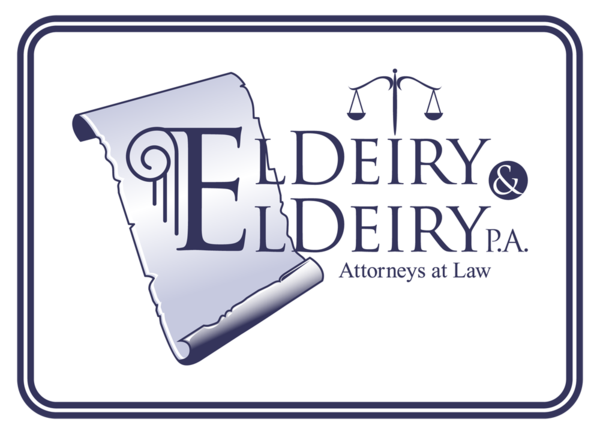
Adults who choose to make an estate plan come to appreciate how much protection one comes with. When we use the word “protection,” we are not referring to asset protection or tax benefits. However, we are talking about how to protect yourself from the unknown. One of the biggest challenges you or your family will face is when you (or someone you love) becomes incapacitated. You never want to be in a position where this has happened to someone you love, only to realize how much estate planning would have helped everyone involved. For instance, how will they pay their medical bills, make financial decisions, and advocate for their treatment?
Imagine how stressful and overwhelming it would be to discover that someone you love is incapacitated. Following that, you find out that even though you know what course of medical treatment they would have wanted, the doctors and hospital staff don’t recognize your authority to do so. This is the type of scenario that estate planning can protect you from.
The Easy Shortcut
When you meet with one of our estate planning attorneys, we will explain how to designate a healthcare surrogate and the various types of powers of attorney you can use to give someone else access to your financial accounts. For instance, a durable power of attorney would authorize someone to use your money and make financial decisions, and it lasts even if you are incapacitated.
Your durable powers of attorney terminate if you pass away. How can you ensure that your son or daughter can get into your accounts after you pass away? The shortcut that some people use is to simply add their child’s name to the account. Another example of using a shortcut to avoid estate planning is assuming that if you and your spouse have joint ownership of a house, you don’t need a will.
The shortcuts highlight two different issues. First, if you add someone as an owner of your financial accounts, you are essentially giving up ownership – creditors of that person may be able to reach into your account and take your money. That person can also access your funds without your consent when you’re alive, for their own use. Instead of taking the shortcut, meet with an attorney and create a FULL estate plan; one that allows someone to help you while you are alive, and gets your assets to your loved ones after you pass away. By doing this, not only will you retain full ownership of the assets in it, but your lawyer will also ensure that someone else can access them if you are incapacitated or pass away.
Lastly, there is nothing wrong with jointly titling your assets, especially if you are married, but joint assets alone will not provide the security of a Will and Trust. You can choose a guardian for your children, designate a personal representative for your estate, and choose where all your assets go and at what age your children should be when receive a significant amount of money. If you and your spouse pass away (and you don’t have a will or a revocable trust), then your assets get distributed according to laws provided by the legislature, which may not be your own wishes.
Get in Touch With an Estate Planning Attorney
The attorneys at ElDeiry & ElDeiry, P.A., will help you with challenges relating to death, incapacity, illness, surgeries, and more. Only a small portion of estate planning centers on how much you own or which relatives survive you. To learn more or to speak with an attorney, contact us to schedule a consultation.
Eldeirylaw
Latest posts by Eldeirylaw (see all)
- Ways In Which A Will & A Revocable Trust Work Together - May 15, 2023






